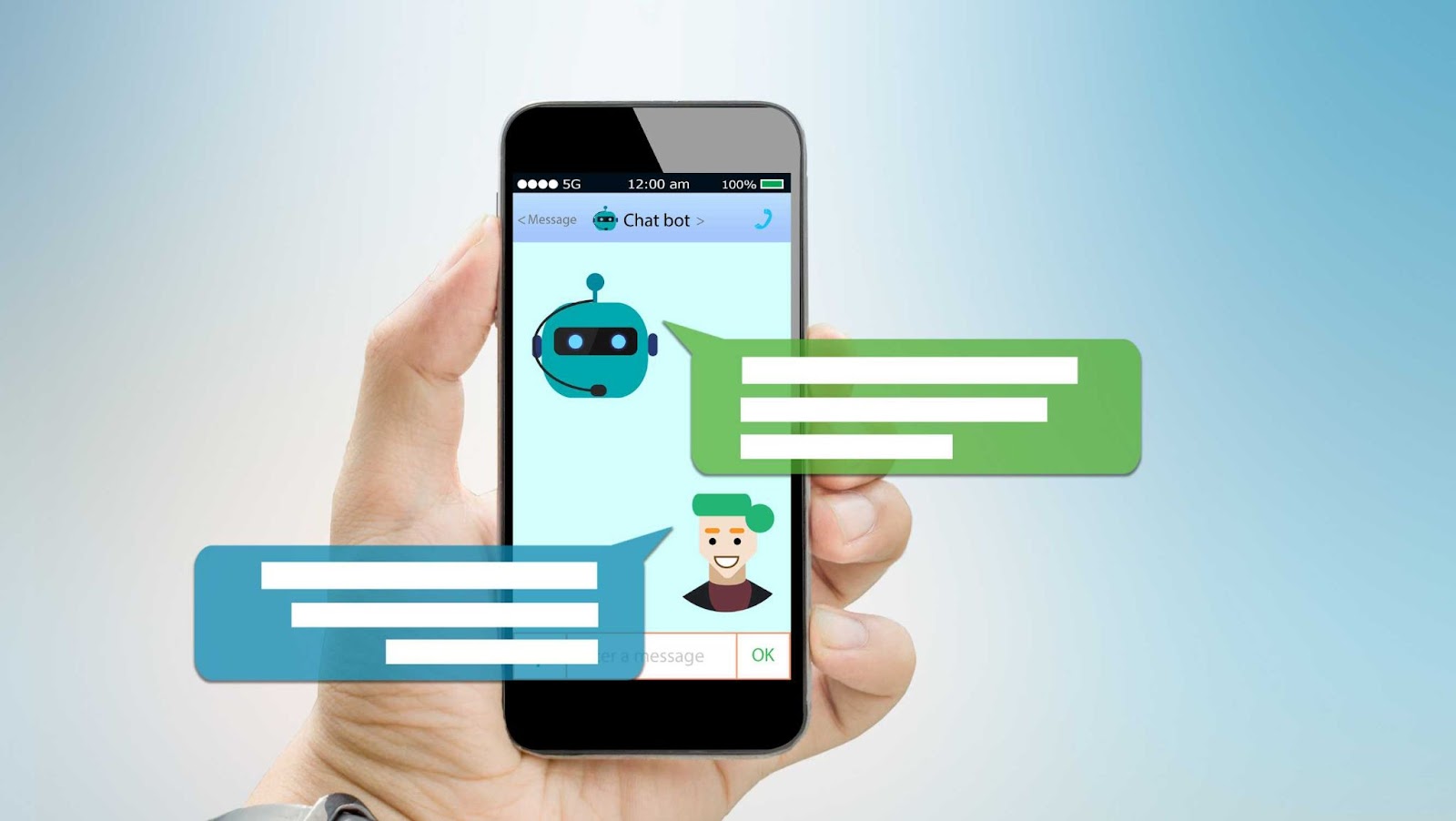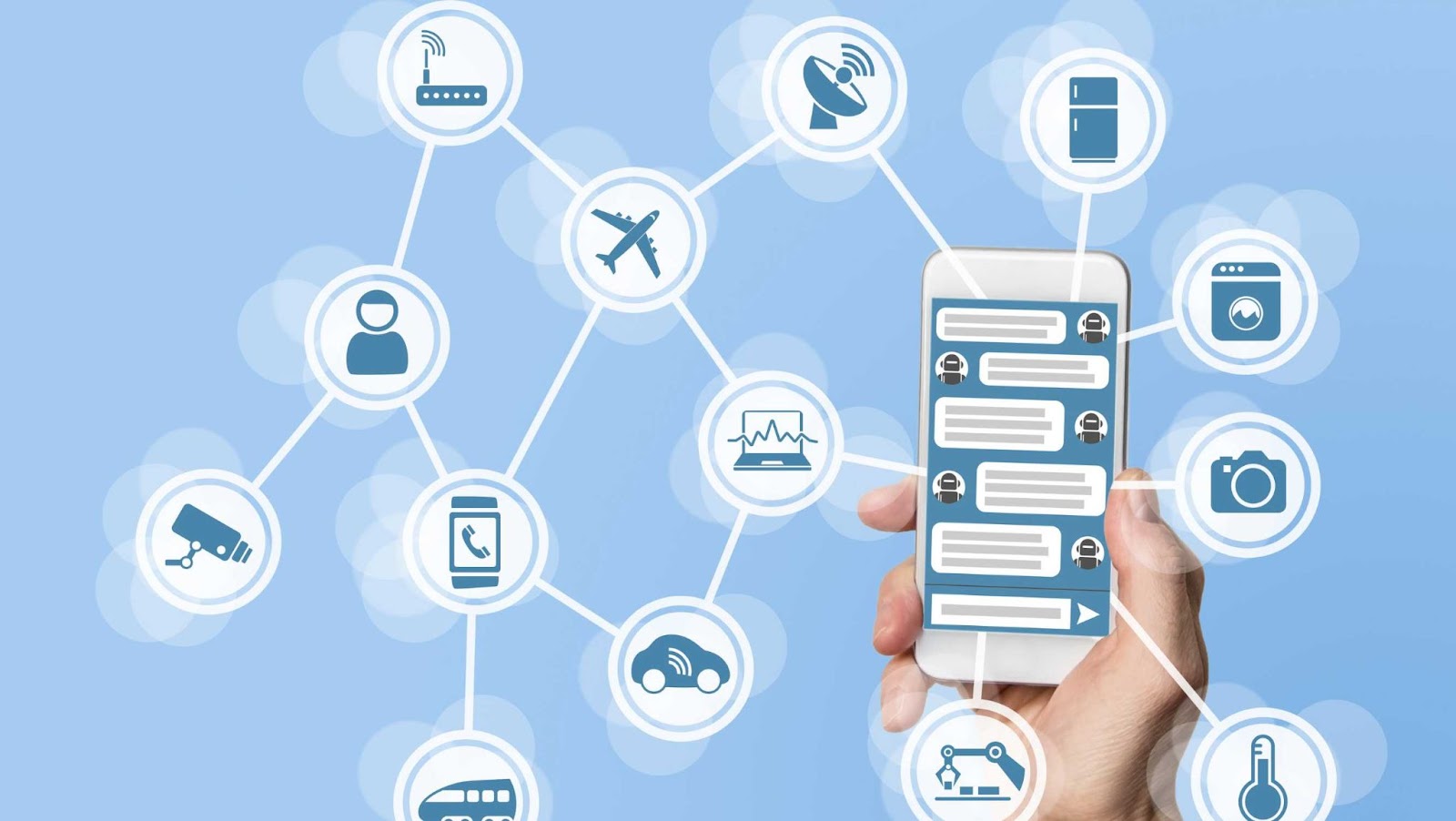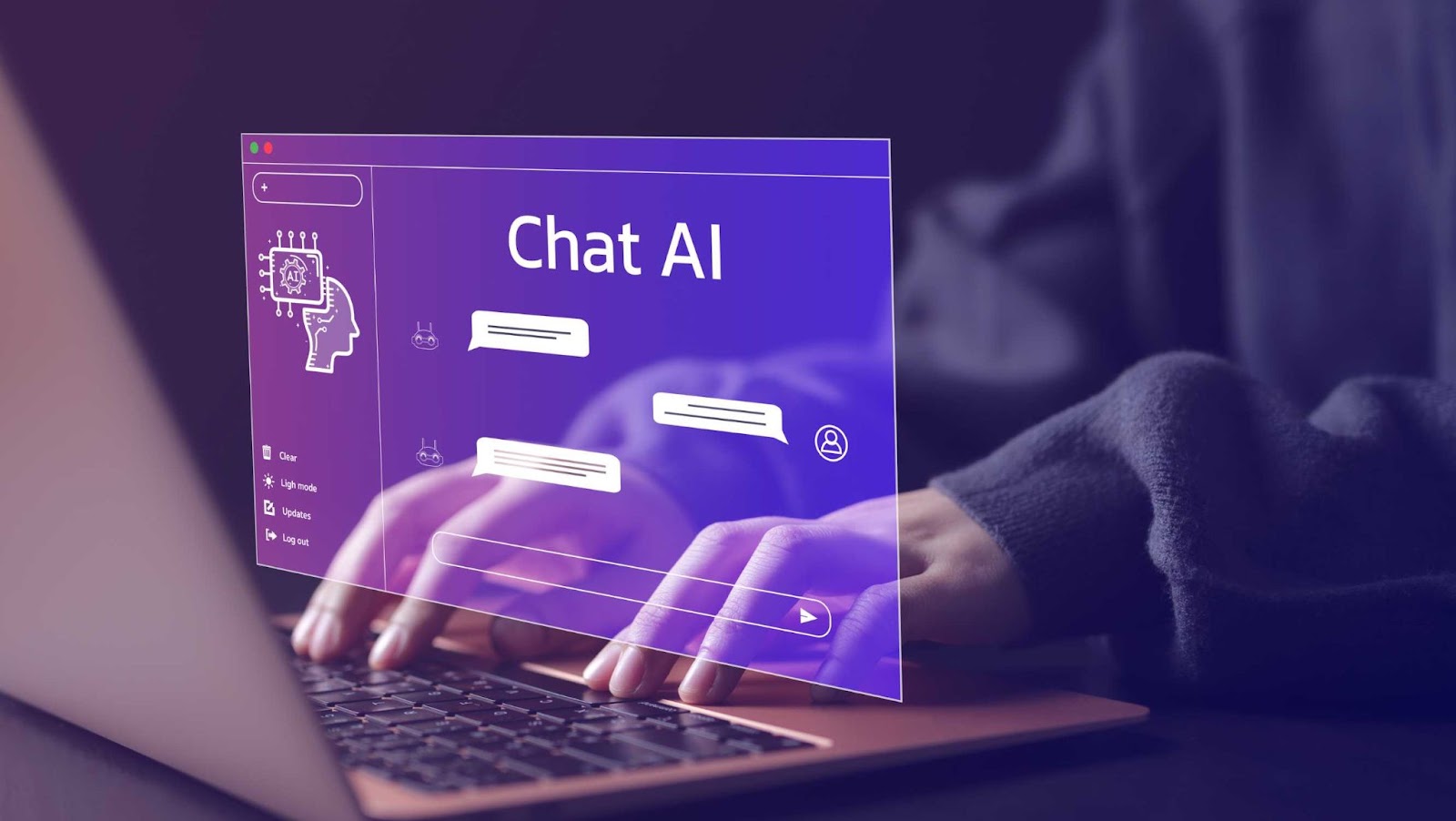In 2024, customer service chatbots emerged as a revolutionary trend, transforming the way businesses interact with their customers. As companies strive to provide exceptional customer service, the integration of AI-powered chatbots is becoming increasingly crucial.
These chatbots are not just a technological novelty; they represent a significant shift in the future of customer service.

Evolution of Customer Service
Historically, customer service has relied heavily on human agents, call centers, and face-to-face interactions. However, with the advent of the digital age, there has been a growing demand for more efficient and cost-effective solutions.
Enter customer service chatbots—these AI-driven assistants are designed to handle a wide range of customer inquiries, providing instant responses and seamless interactions.
Advantages of Customer Service Chatbots
1. 24/7 Availability:
One of the most significant benefits of customer service chatbots is their ability to provide 24/7 support. Unlike human agents, chatbots do not require breaks, vacations, or sleep. This constant availability ensures that customers receive timely assistance, enhancing their overall experience and satisfaction.
According to a report by Gartner, by 2025, 80% of customer interactions will be handled by AI, demonstrating the growing reliance on chatbots for round-the-clock service.
2. Cost Efficiency:
Businesses can save substantial amounts of money by implementing chatbots. By automating routine inquiries and tasks, companies can reduce the need for large customer service teams. This reduction in overhead costs allows businesses to allocate resources more effectively, investing in other critical areas of their operations.
3. Improved Response Times:
The purpose of a chatbot is to provide instant responses to customer questions. This immediate response significantly reduces wait times, which is a common source of frustration for customers. Faster response times lead to higher levels of customer satisfaction and loyalty. According to Master of Code, 62% of respondents prefer engaging with customer service digital assistants rather than waiting for human agents.
4. Consistency in Service:
Unlike human agents, chatbots deliver consistent service without the risk of variability. They adhere strictly to programmed guidelines and protocols, ensuring that every customer receives the same level of service. This consistency is crucial for maintaining a strong brand reputation.
5. Data Collection and Analysis:
A chatbot is capable of collecting and analyzing customer information. This capability allows businesses to gain valuable insights into customer behavior, preferences, and pain points. By leveraging this data, companies can make informed decisions and customize their services to meet customer needs more effectively.
Tip: If you’re looking to integrate an AI-based customer service chatbot into your mobile app or web app to enhance your business operations, be in touch with App-Scoop, the leading provider of AI chatbot development services. Our expertise in developing advanced, AI-powered chatbots can significantly improve your customer interactions by offering 24/7 support, instant responses, and personalized service.
We are currently offering an MVP (Minimum Viable Product) deal, designed to help you get started with essential features at a competitive rate. Don’t miss out on this opportunity—book your free consultation with our expert AI chatbot developer today to see how we can design a solution to meet your specific needs!

Technological Advancements Driving the Trend
1. Artificial Intelligence and Machine Learning:
The integration of artificial intelligence (AI) and machine learning technologies has been instrumental in the development of intelligent chatbots. These technologies enable chatbots to understand and respond to a wide array of customer inquiries accurately. As AI continues to evolve, chatbots are becoming increasingly proficient in handling complex interactions.
2. Natural Language Processing (NLP):
Natural Language Processing (NLP) is one of the most critical components of chatbot technology. NLP allows chatbots to understand and interpret human language, making interactions more natural and intuitive. Advances in NLP have significantly improved the accuracy and effectiveness of chatbots in understanding customer intent.
3. Robust Backend Integration:
Modern chatbots are integrated with various backend systems, such as CRM software, databases, and e-commerce platforms. This integration enables chatbots to access real-time information and provide personalized responses based on customer data. The ability to seamlessly interact with backend systems enhances the overall functionality and utility of chatbots.
Related Articles:
- 7 Best ChatGPT Alternatives
- Everything You Need to Know About Chat GPT
- Top 15 Tips for Managing a Software Project
Use Cases of Customer Service Chatbots
1. E-commerce Support:
In the e-commerce industry, chatbots play a crucial role in assisting customers with product inquiries, order tracking, and returns processing. By providing immediate assistance, chatbots enhance the online shopping experience and reduce cart abandonment rates.
2. Banking and Financial Services:
Banks and financial institutions are leveraging chatbots to handle a variety of customer inquiries, from account balances to transaction histories. Chatbots in this sector offer a secure and efficient way to manage customer interactions, improving service delivery and customer satisfaction.
3. Healthcare Assistance:
In the healthcare industry, chatbots are used to provide patients with information about appointments, prescriptions, and medical advice. These chatbots help reduce the burden on healthcare professionals and ensure that patients receive timely and accurate information.
4. Travel and Hospitality:
The travel and hospitality industry benefits from chatbots by offering customers assistance with booking, itinerary changes, and travel recommendations. Chatbots enhance the customer experience by providing instant support and personalized service.

Customer service chatbots are undoubtedly a new trend in 2024, driven by advancements in AI, machine learning, and NLP.
As technology continues to evolve, chatbots will play an increasingly significant role in shaping the future of customer service.
Frequently Asked Questions
What is a customer service chatbot?
A customer service chatbot is an AI-powered tool designed to simulate conversations with users. It assists customers by answering queries, providing support, and resolving issues in real-time, without the need for human intervention.
Why are chatbots becoming popular in customer service in 2024?
Chatbots are gaining popularity because they can provide instant support, operate 24/7, handle multiple inquiries simultaneously, and reduce operational costs, making them an effective solution for businesses to enhance customer service.
How do chatbots improve customer service?
Chatbots enhance customer service by offering fast, accurate, and consistent responses. They can handle frequently asked questions, direct customers to appropriate resources, and even resolve simple issues, ensuring a seamless customer experience.
Can chatbots provide personalized experiences?
Yes, modern AI chatbots can analyze customer data and interactions to offer personalized recommendations, solutions, and responses, enhancing the overall customer experience and building stronger customer relationships.
How do chatbots save time for businesses?
Chatbots automate repetitive tasks and answer common inquiries, freeing up human agents to focus on more complex issues. This reduces wait times, improves efficiency, and allows businesses to handle a larger volume of customer queries without additional staffing.
Are chatbots able to understand complex customer queries?
While traditional chatbots had limitations in understanding complex queries, advanced AI chatbots (powered by natural language processing) can now understand and process more nuanced customer requests, offering more accurate and relevant responses.
What are the benefits of chatbots for small businesses?
For small businesses, chatbots provide an affordable and scalable solution to improve customer service. They can offer 24/7 support, handle common customer issues, and provide immediate responses, all of which enhance customer satisfaction without needing a large customer service team.
How do chatbots help reduce operational costs?
Chatbots reduce operational costs by automating customer service tasks that would otherwise require human agents. This allows businesses to lower labor costs, decrease the need for large call centers, and improve resource allocation.
Can chatbots integrate with other business systems?
Yes, chatbots can integrate with CRM systems, email platforms, and help desk software, allowing businesses to offer more cohesive and efficient customer support. They can also collect and analyze customer data to inform business decisions.
What challenges come with implementing a chatbot in customer service?
Challenges include ensuring the chatbot can understand and respond accurately to a wide range of inquiries, handling complex queries that require human intervention, and maintaining the chatbot’s performance and updates. Businesses also need to address customer concerns about interacting with AI instead of a human agent.



